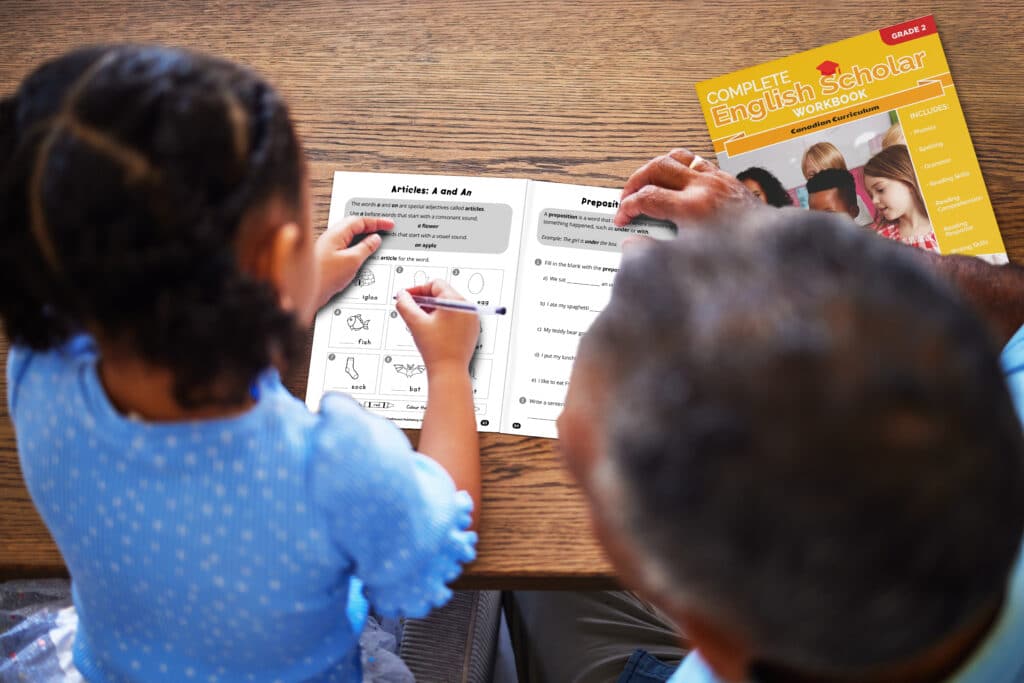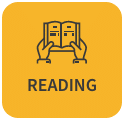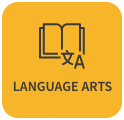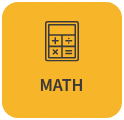
Introduction
In K-8 education, the relationship between math skills and reading comprehension is fascinating. Recent studies show these areas, though different, work together in many ways.
Reading comprehension is not just about understanding written text; it’s a gateway to better performance in mathematics, especially in solving word problems. This connection is evident in several studies:
- Research with over 355,000 students aged 5-12 found strong reading skills greatly improve math success. For example, students who read well could better understand and solve complex math problems about time and money.
- Another study with 46,373 students aged 5-19 showed reading comprehension deeply affects math learning. Students who excelled in reading were better at grasping mathematical concepts, like fractions and geometry.
- Reading comprehension is crucial for math-challenged students but less so for math-advanced students, who rely more on other math skills.
Before we get started, are you looking for some engaging math and/or reading comprehension resources that you can use with your student or children? Check out Chalkboard’s eStore for some of our amazing math and reading comprehension workbooks!
Math Skills Can Significantly Impact Reading Comprehension
- Logical Thinking and Analysis: Math teaches students how to think logically and analytically. These skills are crucial in reading comprehension, especially when it comes to understanding complex texts or narratives. For example, in reading, students might encounter a story that requires them to deduce the sequence of events or the cause and effect within the plot. The analytical skills honed in math can help them make these deductions more effectively.
- Problem-Solving Skills: Mathematics is fundamentally about solving problems. This skill is transferable to reading, where comprehension often involves unraveling the meaning of a text or understanding the underlying message. For instance, when students read a story, they may need to ‘solve’ the problem of what the story is about or what the characters’ motivations are.
- Attention to Detail: Math requires attention to detail, as a small error can lead to a wrong answer. This precision can benefit reading comprehension, as it encourages students to pay closer attention to the details within a text. This might mean noticing key words that indicate a character’s emotions, or picking up on subtle hints that suggest a plot twist.
- Vocabulary and Language Skills: Math has its own language and set of terminologies, such as ‘sum’, ‘difference’, ‘product’, etc. Learning these terms can expand a student’s vocabulary, which in turn can enhance their reading comprehension. A broader vocabulary allows for a better understanding of various texts, including those that are more complex or technical.
- Pattern Recognition: Mathematics often involves recognizing patterns and sequences. This skill can help in reading, as students may more easily identify patterns in story structures or in the development of arguments in informative texts. Recognizing such patterns can aid in predicting outcomes or understanding the organization of a text.
- Data Interpretation and Critical Thinking: In math, students learn to interpret data and think critically about information presented in graphs, charts, or tables. These skills are also useful in reading, especially when it comes to understanding and interpreting information in non-fiction texts, such as news articles or academic journals, where data and facts are often presented.
- Improved Memory and Concentration: Practicing math can improve memory and concentration skills. These are essential for reading comprehension, as they help students remember and connect different parts of a text, understand long and complex sentences, and maintain focus on the material they are reading.
In summary, the skills developed through math learning – such as logical thinking, problem-solving, attention to detail, vocabulary enhancement, pattern recognition, data interpretation, and improved memory and concentration – all contribute to enhancing a student’s ability to comprehend and analyze reading material effectively.
Cognitive Benefits of Linking Math and Reading
Integrating math and reading offers several cognitive advantages:
- Enhanced Problem-Solving Skills: Applying reading strategies to math problems improves problem-solving abilities.
- Improved Critical Thinking: This integration fosters critical thinking, as students analyze, evaluate, and draw conclusions from both subjects.
- Increased Cognitive Flexibility: Switching between math and reading modes of thinking develops adaptability and multi-perspective problem-solving.
- Strengthened Language Skills: Engaging with math-related texts and vocabulary enhances reading comprehension and academic language proficiency.
- Enhanced Transfer of Knowledge: Strong reading skills support understanding and communication of math concepts.
The Connection for Younger Students
For younger students, the link between math and reading comprehension is particularly crucial:
- Language Skills: Essential for both understanding math problems and interpreting written text.
- Problem-Solving Abilities: Critical thinking is a shared skill in both math and reading comprehension.
- Transferable Skills: Skills like identifying main ideas and making inferences are applicable in both domains.
- Background Knowledge: Reading builds knowledge that enhances understanding of math concepts.
- Communication and Explanation: Effective communication is key in expressing mathematical thinking and understanding texts.
Conclusion
The synergy between reading comprehension and math skills in K-8 education is a complex yet vital aspect of learning. Understanding this interrelation not only enhances our approach to teaching these subjects but also helps in developing more effective educational strategies. As we continue to explore this connection, we pave the way for a more integrated and holistic approach to education, benefiting students in their academic journey and beyond.
If you’re seeking a a wealth of activities, worksheets, and resources to transform reading comprehension into an engaging and rewarding experience for your child and/or students, look no further. Dive into Chalkboard Teach and uncover a realm where words weave wonders and learning becomes an extraordinary adventure!
Follow us on Instagram and Facebook to keep up to date with Chalkboard!









